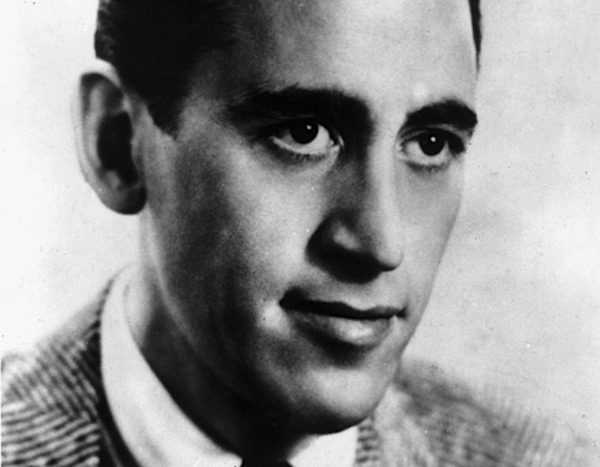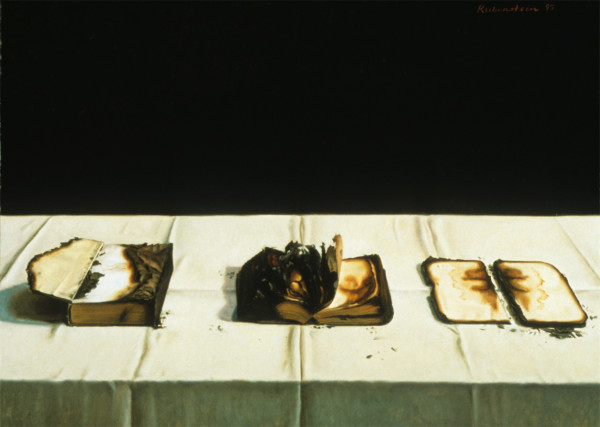It is hard to imagine a living American novelist writing a passage like the last four paragraphs of The Great Gatsby, summoning up the “fresh, green breast of the new world.” American novelists by and large do not identify with ordinary Americans any longer, nor with the American dream (“the last and greatest of all human dreams”), but with their intellectual class — the people with whom they went to school, whose minds are furnished with the same authorities and assumptions, who share a similar understanding of the world.… And thus the American novel, once a lively voice in the national debate to specify the American idea, has devolved into the voice of a homogeneous intellectual class.
— D. G. Myers on what he has elsewhere called “the emergence of a literary generation whose experience is limited to creative writing.”

